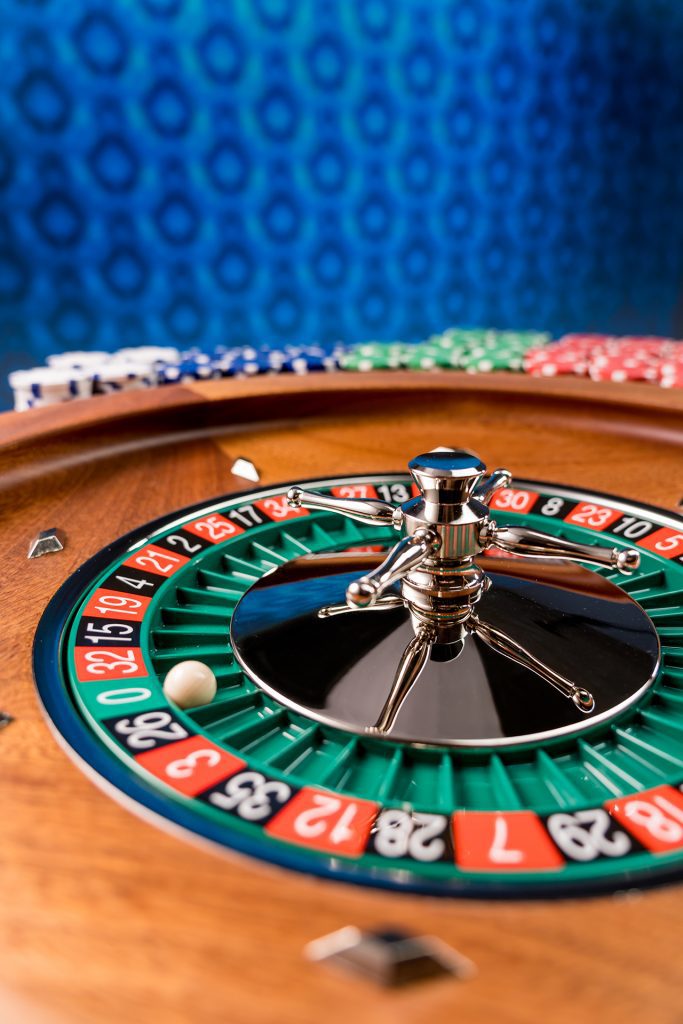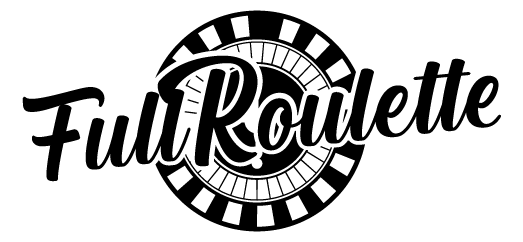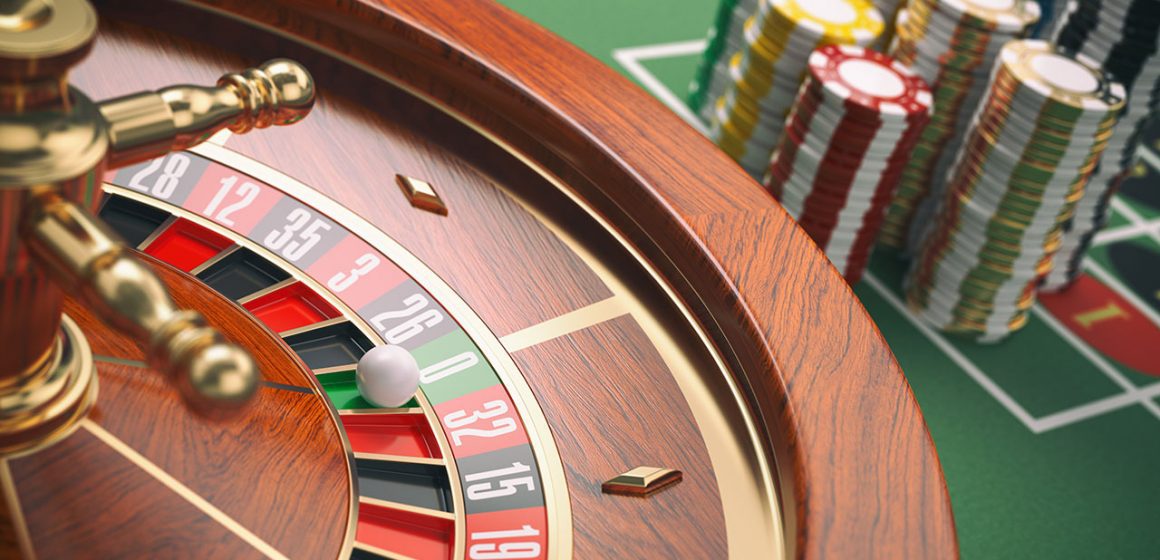Biased or unbalanced roulette wheels aren’t a new phenomenon. They’ve been a major topic of debate within the roulette industry for years. However, the more surprising aspect is that the debate continues even in this day and age with super-sophisticated casino equipment that’s maintained by qualified and skilled personnel.
On the face of it, a biased or unbalanced roulette wheel is one that isn’t properly adjusted on its axis. Either that, or there’s some sort of mechanical imperfection that prevents the rotation from staying uniform. Because of this, the outcome of a wheel rotation can be statistically distorted primarily due to the unnatural final placement of the ball.
To put it another way, the idea is that an unbalanced roulette wheel would interfere with the ball’s natural bounce trajectory and ultimate destination on the wheel. Any smart gambler who notices this might well be able to take advantage and place their bets accordingly to give themselves a better chance of winning big.
Biased Roulette Wheels: Are They Still Around?
Throughout history, there have been widely reported instances of players taking advantage of casinos that had unwittingly utilized biased roulette wheels. Nevertheless, it’s very rare these days to have a player win as a result of an imperfectly rotating roulette wheel.
Of course, this doesn’t mean that biased roulette wheels don’t exist today. It’s a simple case of casinos and gambling houses of all kinds getting smarter to protect themselves against the antics of players. These days, roulette wheels are also quite hi-tech, meaning that avoiding bias and offering the perfect spin has become much easier.
It’s essentially a challenge for the savvy roulette number cruncher from the casino management: come and get one over us if you can!
Maintenance of Roulette Wheels
First and foremost, the majority of well-known and well-run casinos (both land-based and online) employ the services of anti-bias roulette wheel maintenance teams. In simple terms, they ensure that their roulette wheels stay balanced in every way. Sometimes, the tech staff are placed in-house and attend to slots, card shufflers, and other tech issues.
Roulette wheel-manufacturing companies also offer after-sale onsite service and maintenance. It’s similar to when you buy a new vehicle from the main dealer and return to it after driving a set number of miles for service focusing on timing and engine performance to ensure optimum performance as it had been designed to.
In land-based casinos, maintenance teams are often at work. Essentially, their primary task is to ensure roulette wheels are “fully balanced” so that they can do away with inaccurate balancing. They get to work at quiet times, usually between 6:00 AM and 9:00 AM. They analyze the data from the computerized software logger, which is programmed to record every roulette outcome. Sophisticated diagnostic reporting can detect for drop zone bias and non-random results as well. This is achieved through discreet built-in sensors.
For a roulette wheel to be considered unbiased, the stats should indicate, over many thousands of outcomes, that each individual pocket results with a ball landing in it within a range. Moreover, various numbered pockets or areas of a wheel are not under or over-performing too far out of this range to cause any red flags. An average of 6 years’ worth of stats can be collected and stored by this software.
Possible Causes of Biased Roulette Wheels
Other than ensuring that roulette wheels are evenly weighted from the manufacturing process, and maintain balance following setup and during ongoing use, this includes the static elements like deflectors, lower and upper ball tracks, and the bowl rim. Any of them can wear out or sustain damage in the following ways.
Players might lean on the bowl rim. However, casinos prevent this nowadays with the help of Perspex screens. Nevertheless, dealers continue to lean on the bowl rims. While it’s unlikely that a biased wheel would result from this, primarily because the wheel base has a sturdy structure, any imbalance would be instantly and easily identifiable. The casino management would also be quick to take care of the flaw before any over-smart players try to take advantage of it.
Modern wheels utilize a ball-track inclinometer. This can detect unbalanced wheels as well as unlevelled layout portion of the table that the entire wheel is connected to or positioned within at the dealer’s end.
Abnormal activity by players at a table can unbalance a wheel. Yet this is unlikely to result in a wheel developing a prolonged bias since a relevel of the table and wheelbase will rebalance any imbalance. Moreover, in online roulette where the only players on tables are those placing bets from their phones, tablets, and laptops, any movements and vibrations are limited to dealer interaction on many of the wheels though some casinos do live stream to land-based casinos.
Casinos invest a lot of time, effort, and money into preserving their inherent advantage. The roulette ball has to land in a way that is completely random in statistical terms. This is one of the cornerstones of this game, alongside the house edge.
Hence, a situation where a gambling house is unwittingly using an unbalanced roulette wheel is difficult to imagine in this day and age. Casino management and equipment manufacturers have studied the issue thoroughly and developed a range of adjusting, controlling, and checking procedures to make sure the wheels are not biased.
Parting Thoughts

You’ll be hard-pressed to find a biased or unbalanced or faulty roulette wheel nowadays. It’s not impossible but surely very unlikely that you’ll come across such a case in any casino around the world. Even if you, your chances of taking advantage of it are next to negligible. But, as nothing is perfect, and even the sun has dark spots, you can still go on and give it a try!
That does it for this post. For more exciting content about roulette and its many variations, don’t forget to keep an eye on this space on Full Roulette.


Leave a Reply